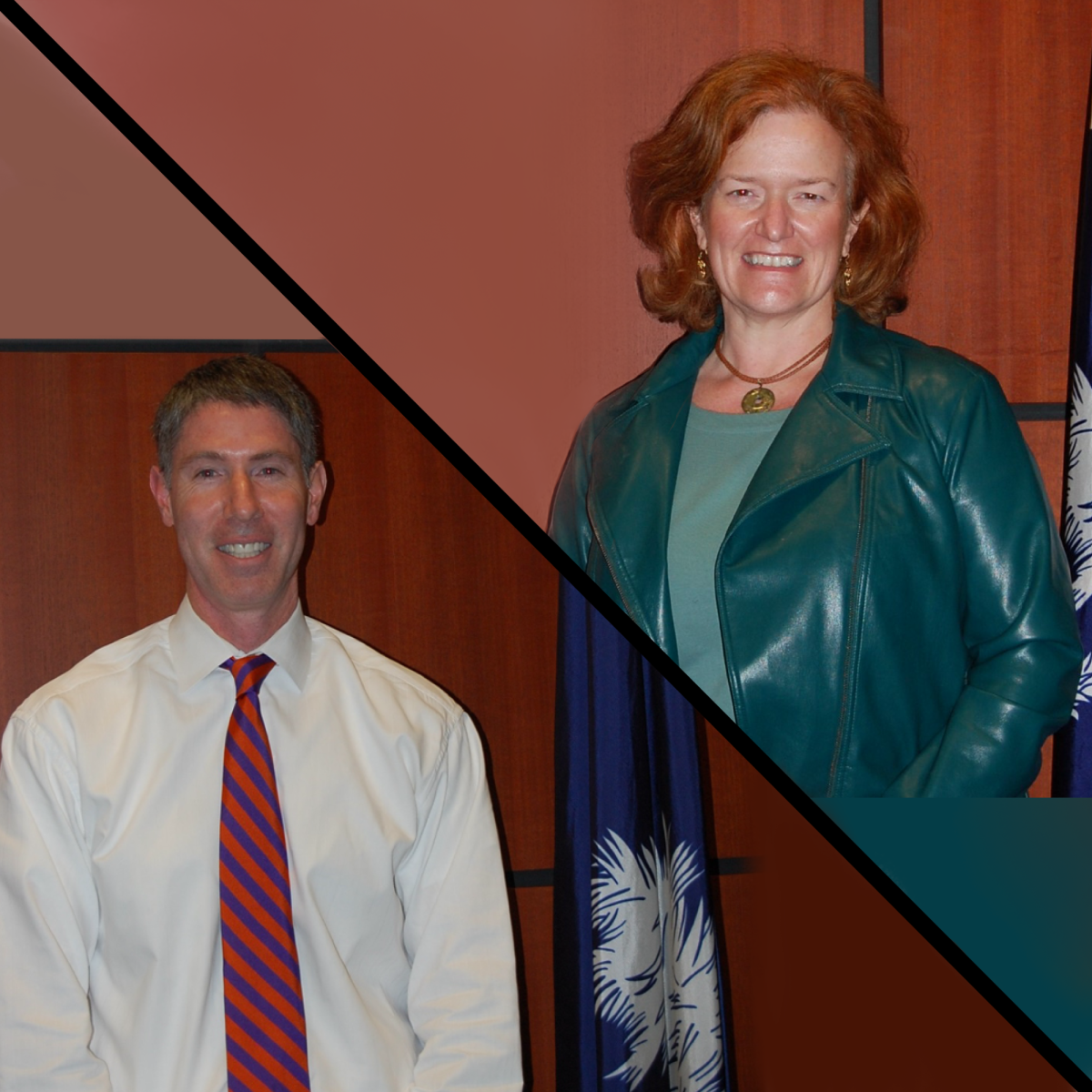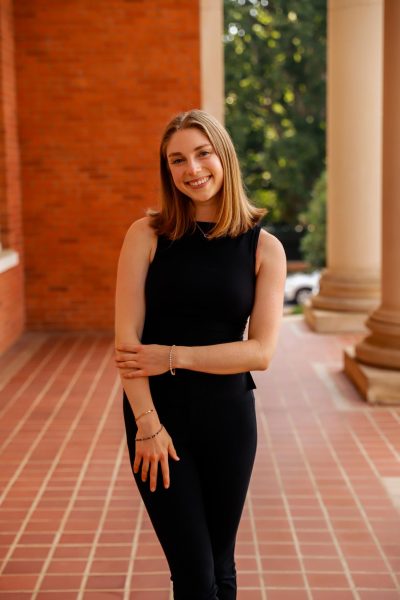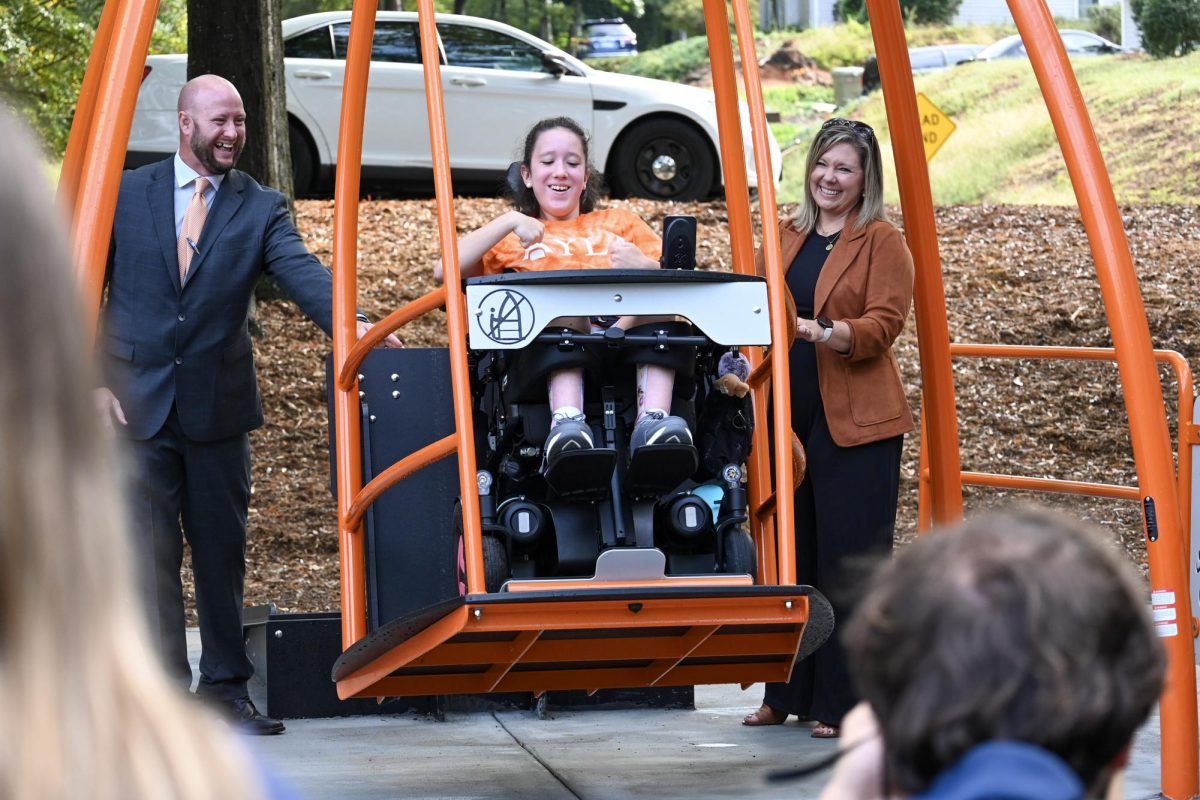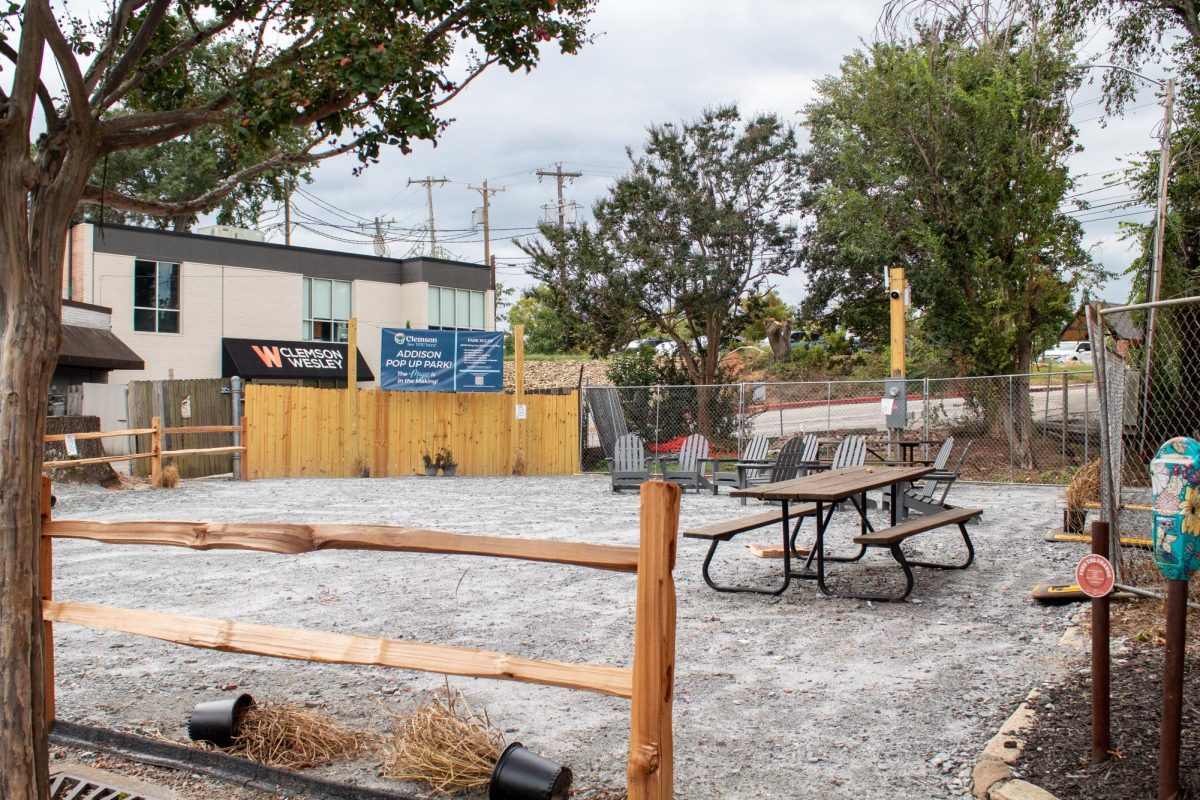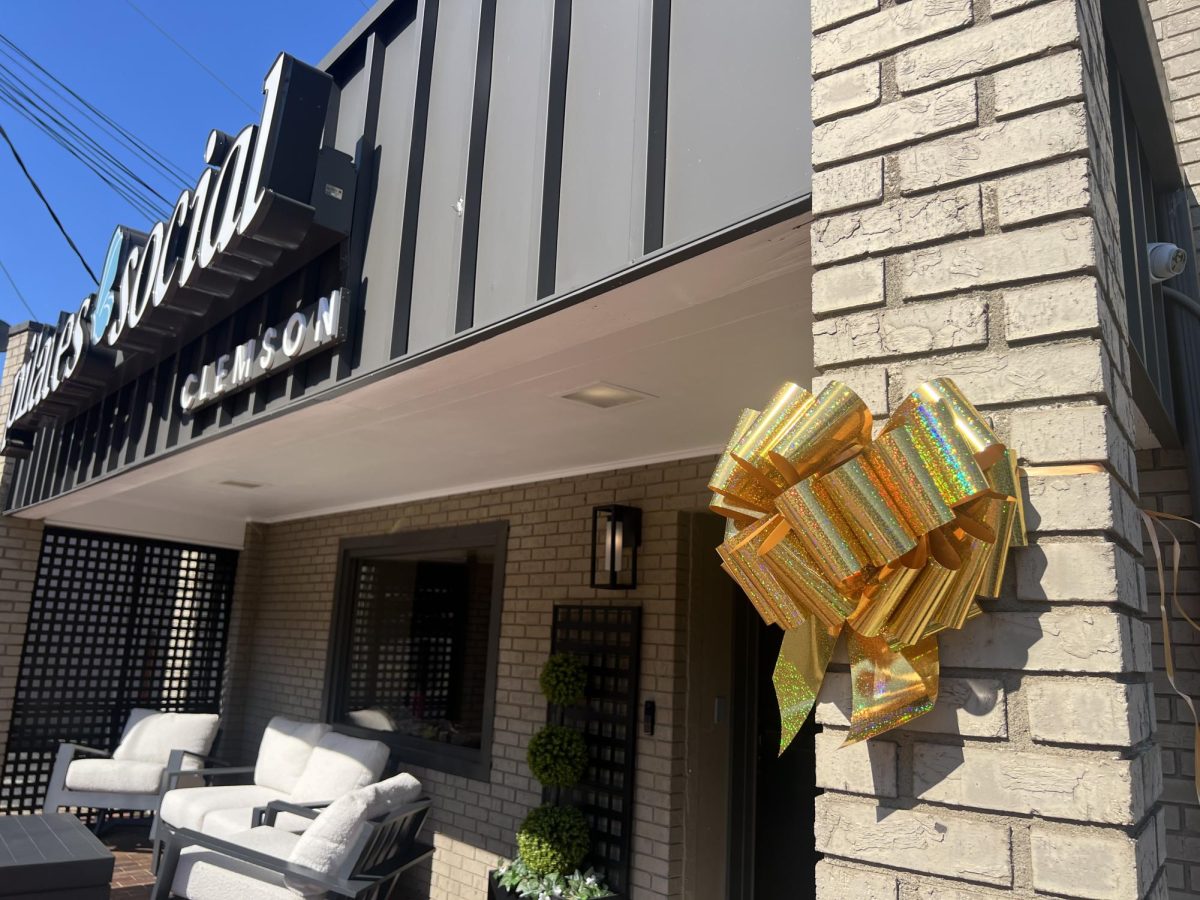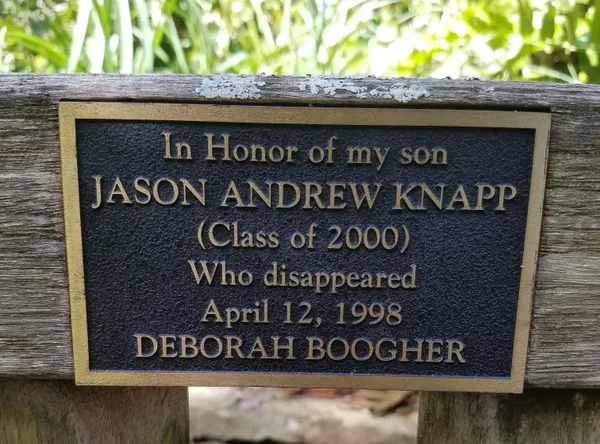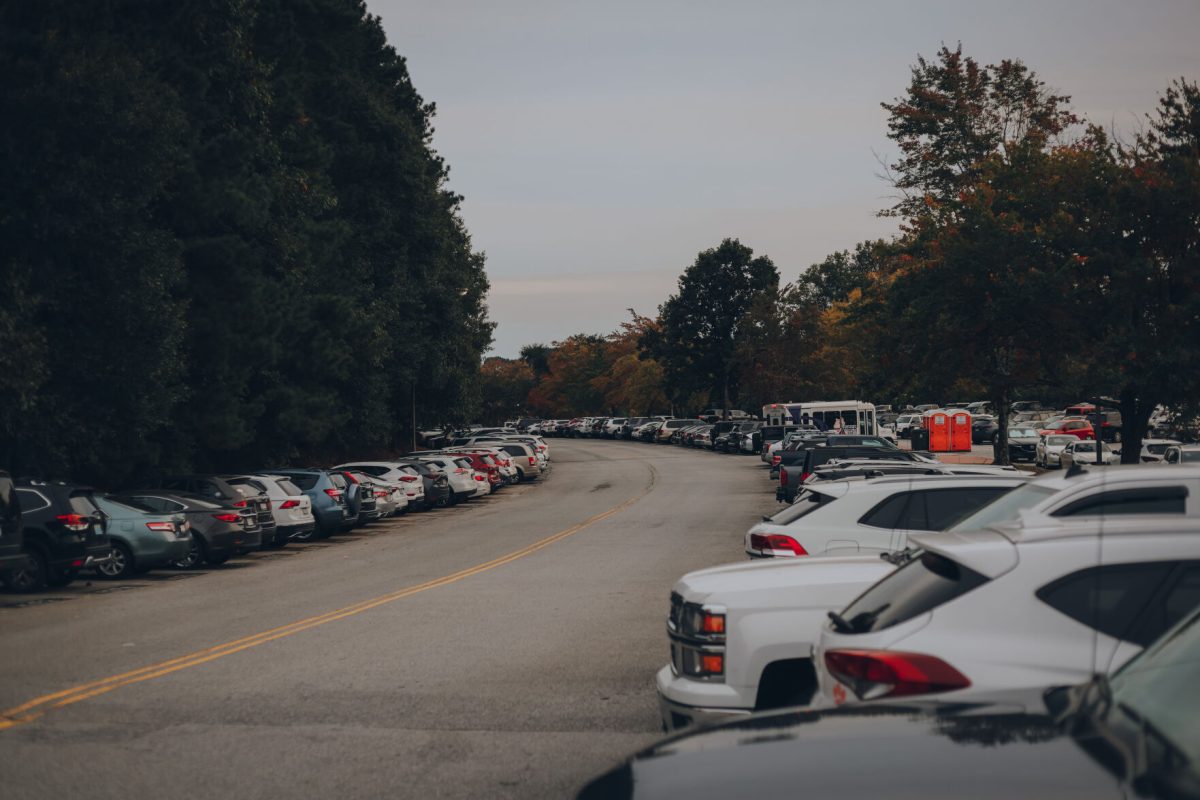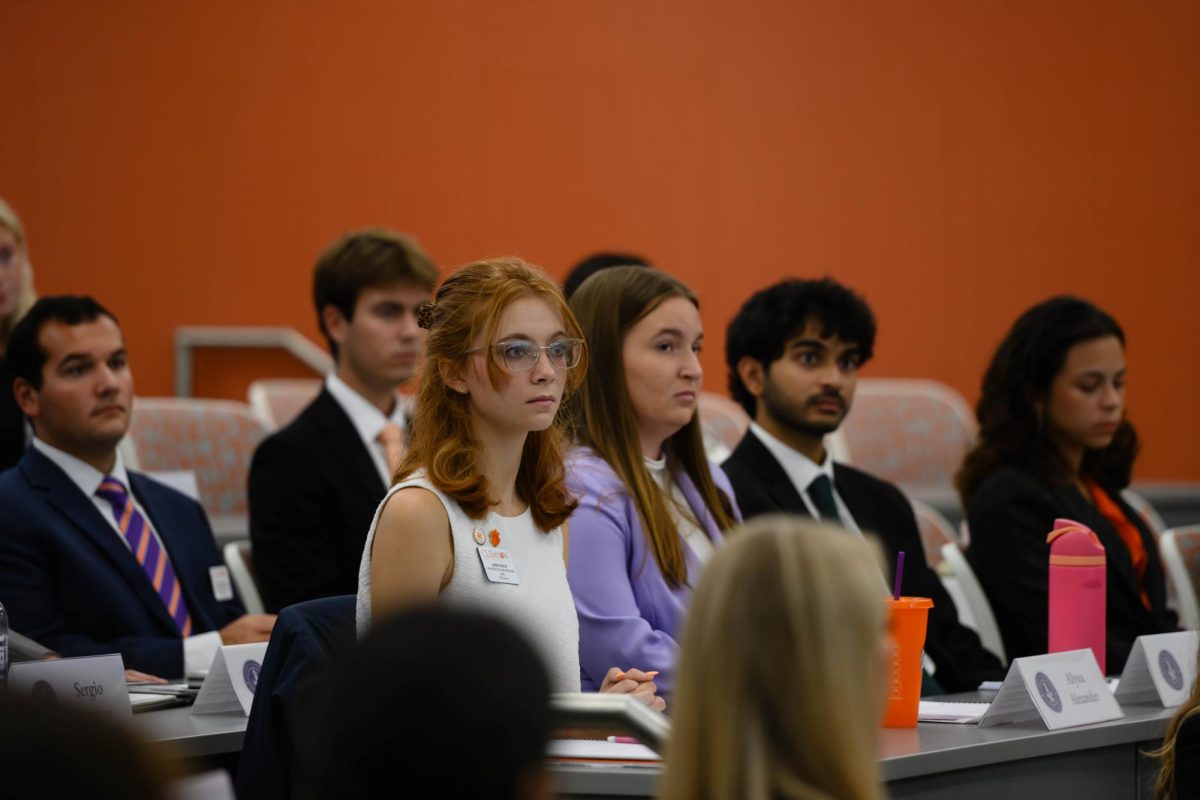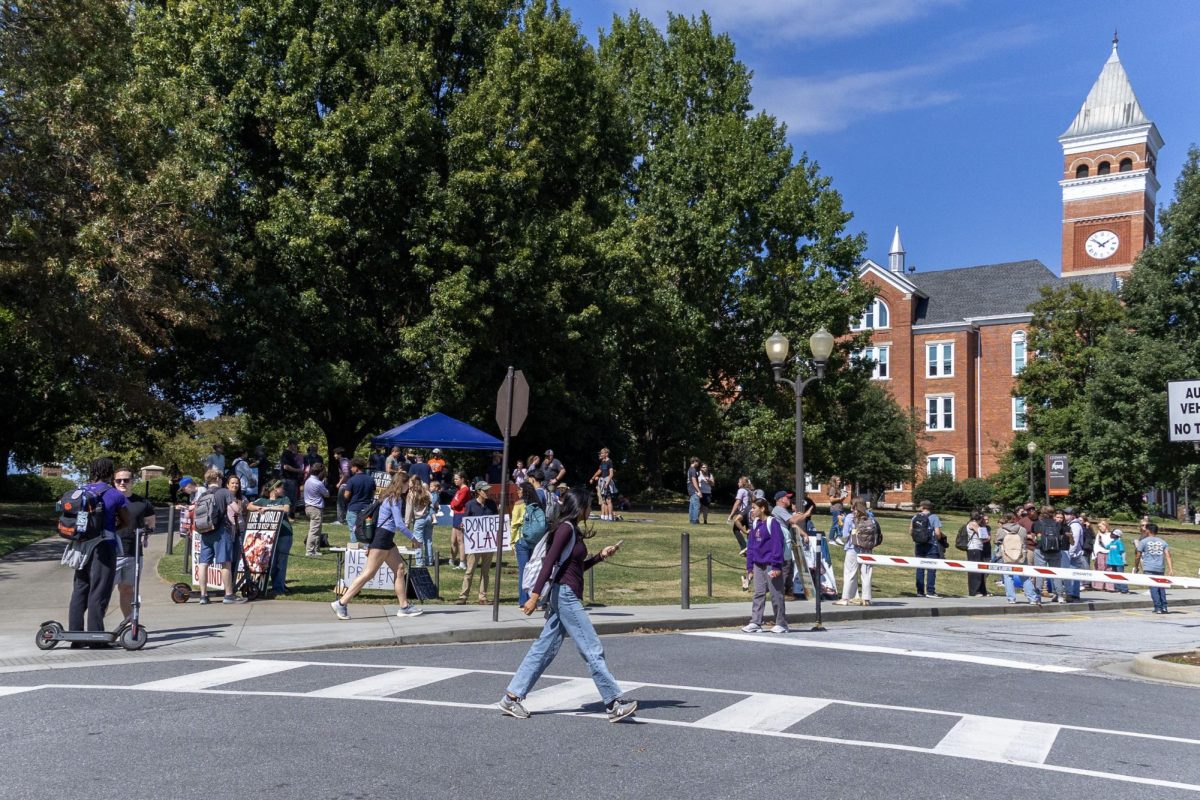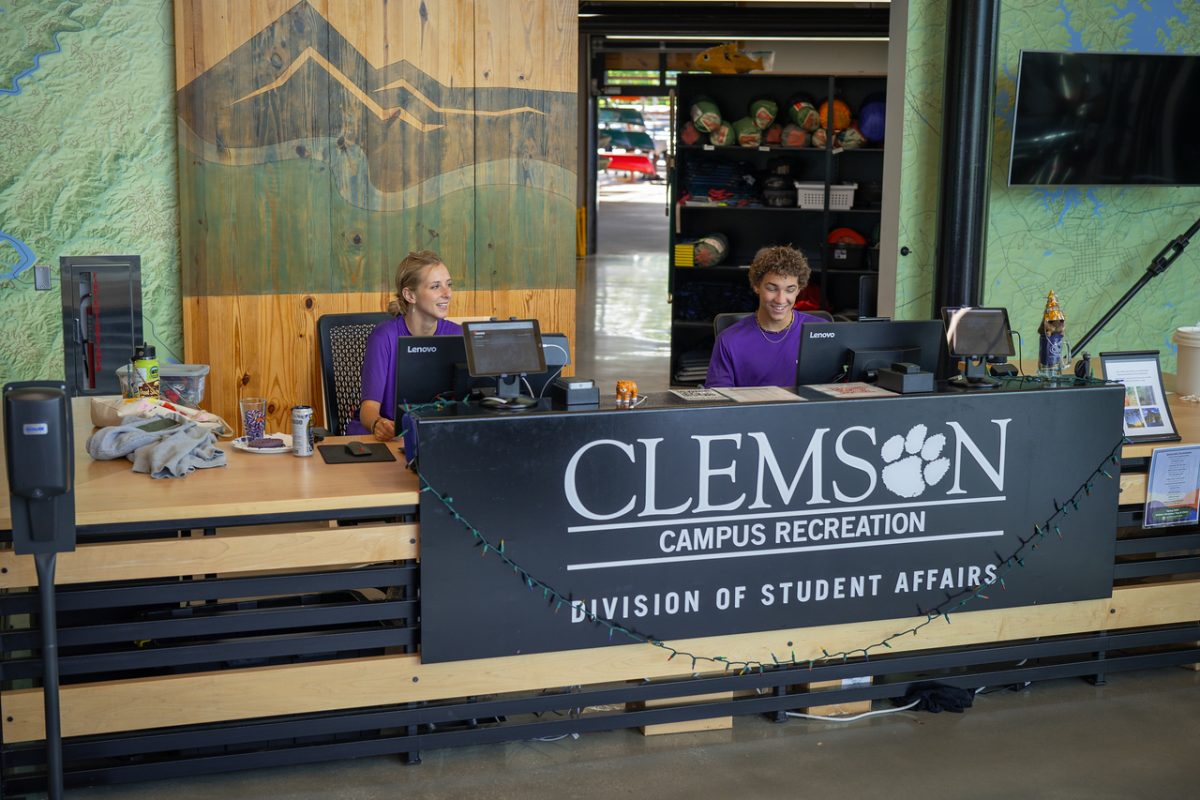As Clemson citizens prepare to cast their votes in the contested mayoral race, Nov. 5 will result in either four more years of Robert Halfacre or a new leadership with Catherine Watt, a current council member.
Robert Halfacre
In an interview with The Tiger, Halfacre noted the three main goals he has if reelected.
First, Halfacre aims to work with consultants to update Clemson’s comprehensive plan and zoning while utilizing resident feedback regarding how the city’s land should be used.
Another idea the Mayor has is aimed more toward students.
Halfacre’s second goal is to create more attainable housing for all levels of the workforce. This includes providing housing for “employees of each entity,” as well as establishing 99-year leases on properties owned by Clemson University.
His final goal is to continue fostering the relationship between the city and the University. Halfacre added that while current relations between the two are strong, he aims to ensure that there are enough resources in the city to support the growing and “flourishing” University.
Furthermore, Halfacre plans to continue other current projects, such as improving the city’s water infrastructure, adding to the sewer plant and fixing up pedestrian walkways and sidewalks.
When asked about his proudest moment so far as mayor, Halfacre responded that he is proud of uniting people “all together for one defined goal or purpose,” providing the example of students and residents rallying together after Hurricane Helene.
Halfacre also noted two major challenges he has experienced during his term.
Halfacre experienced difficulties balancing resident safety and keeping businesses open and operating during the height of the COVID-19 pandemic.
Additionally, Halfacre has been challenged, especially recently, by “managing the wishes” of the Clemson community. As the incumbent mayor of a university-centered town, he upholds a responsibility to act in the best interest of “residents, businesses, students (and the) University,” Halfacre told The Tiger.
One of the major decisions that Halfacre has faced as mayor was whether to approve the contentious Clemson Hub housing development. He believes he made the right choice with his
“Yes” vote, and that it was in “the best interest of the whole (Clemson) community,” he told The Tiger in a phone interview. For more information regarding the Clemson Hub, check The Tiger’s coverage from the spring.
In advising college students preparing to vote, Halfacre noted that there has been some misinformation spread during the campaign process. He hopes to clear up any misconceptions and wants people to ensure they know the facts of his campaign before voting.
“I’m very big on making sure everybody knows all the facts before you make any decisions. Look for the facts versus what she says, he says and opinions,” Halfacre told The Tiger.
He also noted that voting lines will be long as a result of the national election and recommends that people vote early if possible.
Halfacre joined the Clemson City Council in 2019 and was elected mayor in 2021. He noted that during his time serving on the council, he learned a great deal about the city’s different departments, which has been beneficial during his time as mayor.
Halfacre was born in South Carolina and attended the University of Georgia, where he obtained an undergraduate degree in financial management.
Halfacre’s favorite aspects of Clemson include the community, student enthusiasm, population diversity and being located near multiple major cities such as Atlanta; Charlotte, North Carolina; and Greenville, as well as nearby mountains and lakes.
Halfacre pointed to his desire “to make a difference” as his reason and motivation for rerunning for mayor.
“It’s been a privilege over the last four years, and I hope I continue to serve for years to come,” he told The Tiger.
Catherine Watt
Catherine Watt also noted her three main goals if elected as mayor in a phone interview with The Tiger.
First, she aims to stop further student housing developments. She initially ran for city council in 2020 with an incentive to control the growth of student housing in Clemson.
“I heard from so many people who really have had enough,” Watt told The Tiger. “(Clemson Hub) was not in any of the plans through 2023. It’s not in any of the documents from 2022 or before that anything that large would ever go in a spot like that.”
Watt said the decision is “one that has hurt (her) very much” and one that has affected the relationship between her colleagues.
“The way that vote happened and learning what had been hidden from the three women has absolutely turned me upside down,” Watt told The Tiger. “It really does hurt me to see, to know that you’re sitting there … as someone who is elected to serve, and there’s a whole lot of stuff going on that you know nothing about.”
Watt believes that the local government is increasingly closing itself off from citizens and wants to establish a more open relationship by opening all “nonessential, nonprotected, nonpersonnel, noncriminal” emails related to student housing development arguments over the years to inform the public on exactly how the issue was handled.
“I’ve been criticized by my colleagues for sharing information, for talking about what we talk about and for talking about what we argue about,” Watt told The Tiger, stating that she believes local government should be both transparent and open.
“Robert (Halfacre) has always advocated that we present a united front, and that’s nice, but it’s not real. It’s the ‘Brady Bunch’ version of reality,” Watt said.
Watt’s second goal is to increase the city’s commercial district. She aims to create a “21st century commercial zone” where people of different ages can foster community with options to dine, shop, listen to music and participate in child-friendly activities.
Watt’s third goal focuses on improving the city’s ability to attract young entrepreneurs, which coincides with the proposed commercial district. She wants to make a plan for entrepreneurs to test their products for three to six months with a “pop-up shop” method. Watt has been advocating for this plan as a council member, but she noted that it has been unsuccessful due to a lack of incentive.
“Those entrepreneurs just can’t afford $4,000 a month rent in Clemson for a product that’s maybe only available six months out of the year,” Watt told The Tiger.
Watt has lived in Columbia, South Carolina; College Park, Maryland; West Lafayette, Indiana; and Clemson. She also worked for State College in Pennsylvania and noted that working for large universities has taught her how schools operate.
Watt’s favorite parts of Clemson are the South Carolina Botanical Gardens and the University’s baseball stadium, and her favorite aspects of being on city council include meeting people, the annual Christmas parade and celebrating children’s sports.
“It’s … thinking that maybe someday, somehow, you made a difference because somebody needed something, and you were able to provide it,” she told the Tiger.
“I will be happy when Nov. 5 is done,” Watt told The Tiger, noting that it is important for everyone to vote for their preferred candidate. “This is an election at its heart that’s very simple about whether or not people living in Clemson should have their voices heard … those are the voices that help make the decisions.”



